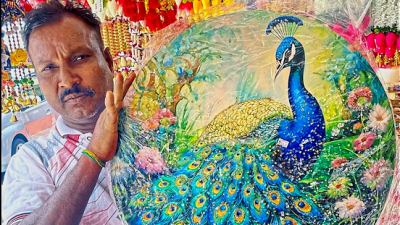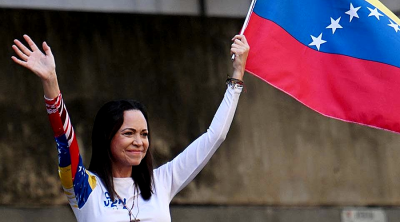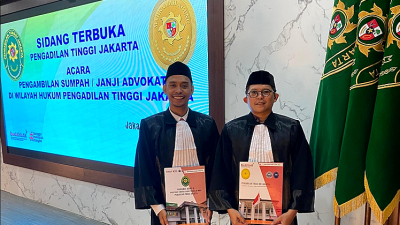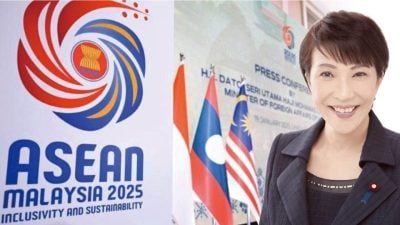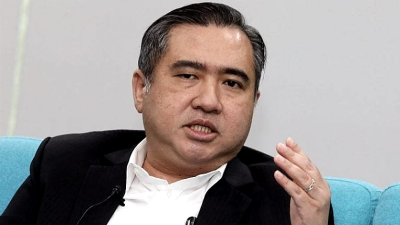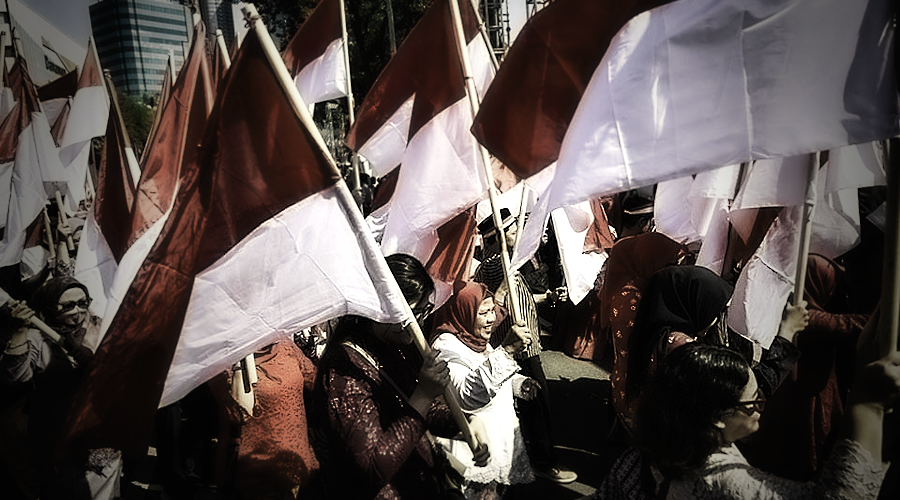
We define nationalism as an assertive identification with the nation-state, often linked to cultural pride, sovereignty and resistance to foreign influence.
Renowned scholar Benedict Anderson, in his foundational work Imagined Communities, describes nationalism as a product of imagined connection.
He argues that nations are cultural artifacts through which people cultivate a sense of belonging and unity, even without direct interactions.
Even Albert Einstein, though not a political scientist, famously remarked: “Nationalism is an infantile disease.
It is the measles of mankind.” His criticism of nationalism was shaped by his experience of European imperialism and the intense rivalries between nation-states during his lifetime.
Notwithstanding, we are not witnessing the peak of nationalism in Southeast Asia, but rather its resurgence.
Nationalism in the region peaked during the era of anti-colonial struggles, when nationalist movements mobilized to fight colonizers.
During this period, nationalism was massive and existential, as it centered on self-determination and state formation.
These movements gave rise to charismatic nationalist leaders such as Sukarno in Indonesia, Ho Chi Minh in Vietnam and Tunku Abdul Rahman in Malaysia, all of whom became enduring symbols of national unity.
What drives the resurgence of nationalism in Southeast Asia today? Much of the nationalism in the region is currently shaped by political elites and governments to legitimize authority, especially in countries closely linked with ethnic and religious identity, which often fuels internal or cross-border conflicts.
As the international community tries its best to broker a truce between Cambodia and Thailand, it is hard to deny that nationalism has played a role in complicating the situation.
The responses of each state have fueled public debate and nationalist reactions in both countries.
The leaked phone call between former Thai prime minister Paetongtarn Shinawatra and Cambodian Senate President Hun Sen ignited mass nationalist demonstrations in Thailand, with protesters framing Paetongtarn as a traitor to the country’s dignity and sovereignty.
Following the immediate nationalist backlash and the political fallout for Paetongtarn’s coalition, the Thai military reinforced its presence along the border after Cambodia rejected proposals for de-escalation.
Nationalism was also heightened in Cambodia, where thousands joined a government-organized rally in Phnom Penh to support the Hun Manet administration’s stance against Thailand.
The rally invoked historical grievances, such as Thailand’s past conquests and perceived cultural appropriation of Khmer traditions.
Following the Cambodia-Thailand dispute as an example, nationalism often serves elite interests by fueling tensions and complicating diplomatic resolutions.
It remains a powerful double-edged force that can unite sociocultural and ethnic groups, yet also deepen divisions and prolong conflicts.
In Indonesia and the Philippines, authoritarian regimes used nationalism as a political instrument to legitimize authority, consolidate control and suppress dissent.
While Sukarno promoted nationalism under the banner of the Pancasila ideology, Soeharto ousted him and later weaponized this same ideology to advance his own interests and silence opposition during the New Order.
This Jakarta method was also used as a template in the Philippines at the height of Ferdinand Marcos Sr’s dictatorial rule, when he espoused the vision for Bagong Lipunan (new society), an aspiration for a total transformation of Philippine social, political and economic order, declaring that a revolution from the inside was possible.
In less than 40 years after the fall of the authoritarian Marcos, his son was democratically elected into power.
In one of his speeches, the younger Marcos stated that “nationalism is still alive among Filipinos, manifested by their strength of will that enables the steady progress of the country.”
In today’s political climate, the public can easily be deceived through populist undertones, especially when combined with a nationalist appeal.
With nostalgic narratives and the use of technology, nationalism is politically engineered to serve the interests of the ruling class.
Political elites often create “enemies” to rally people behind the state and foster unity under their rule.
Manufactured nationalism can contribute to the centralization of authority, while the forms of nationalism that develop organically are often labeled as radicalism or terrorism.
Southeast Asia is not an isolated case. Similar patterns can be observed in both developing and developed regions.
In South Asia, Hindu nationalism is often strategically promoted as a political identity, framing the majority as the protector of cultural and religious heritage.
Critics of this movement can be labeled as “anti-national” or accused of undermining the country’s unity.
A similar pattern can be seen in the United States, where figures like Donald Trump have used the “America First” rhetoric to combine economic protectionism with immigration control, appealing to both grievance and national pride.
In today’s interconnected world, it is worth questioning whether nationalism causes more harm than good.
Amid ongoing propaganda wars, public opinion is frequently manipulated and weaponized to incite conflict.
Now more than ever, common people across the world must take a stand against this elitist brand of nationalism and ask whether a different kind of nationalism could counter it. Perhaps it is time to think of an alternative.
Returning to Einstein, he initially supported Zionism as a Jew, but later opposed the Israeli occupation of Palestine after realizing that narrow nationalism only fuels hostility and bigotry.
Twenty-first century problems require 21st century solutions, and we must seriously ask whether nationalism still holds value in addressing today’s global and local issues.
It is high time to embrace internationalism.
(Magello Rainer Fenis is Assistant Professor in political science at the National University Philippines Clark, teaching comparative politics and international relations. His research interests include authoritarianism, social movements, postcolonial history and Southeast Asia.)
ADVERTISEMENT
ADVERTISEMENT







